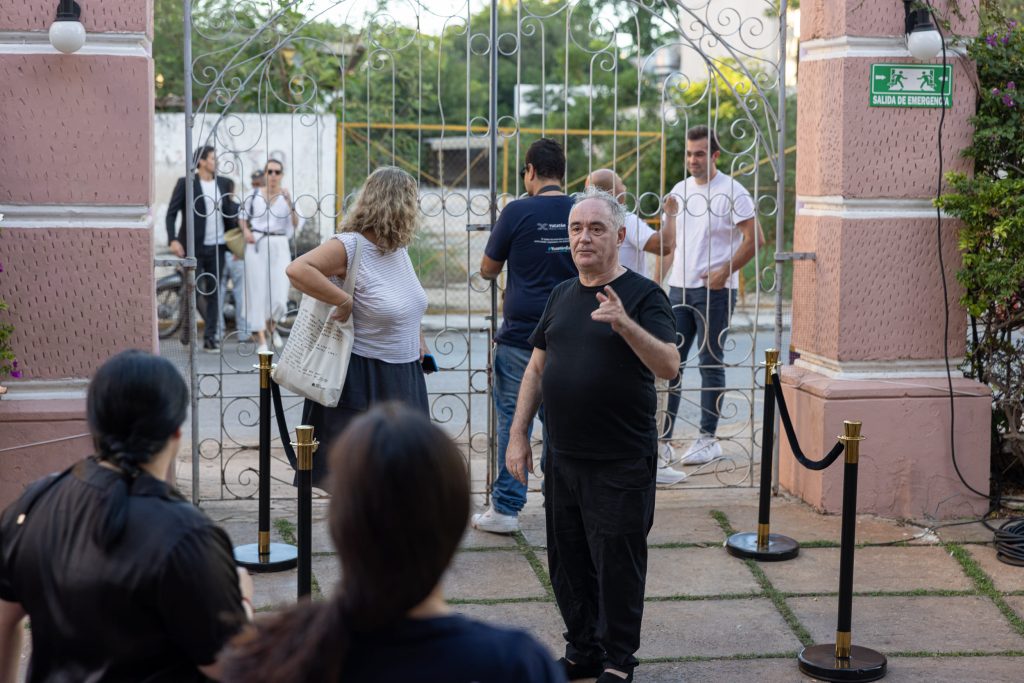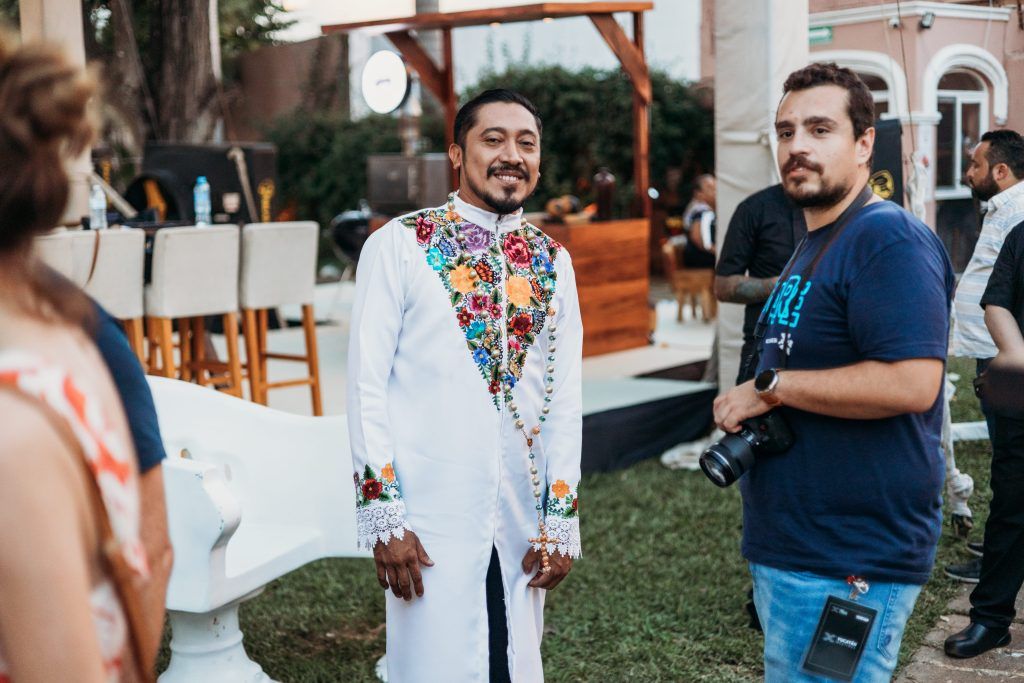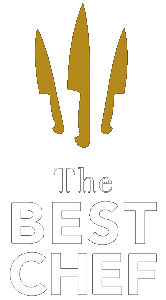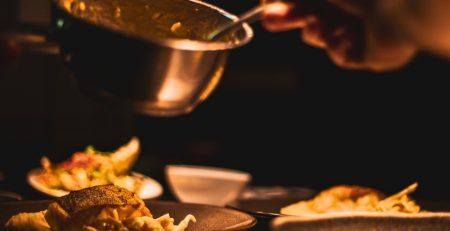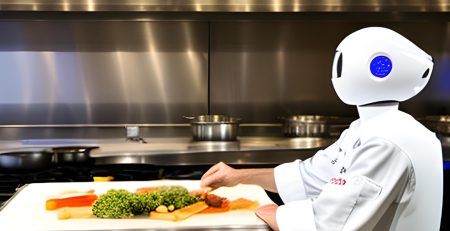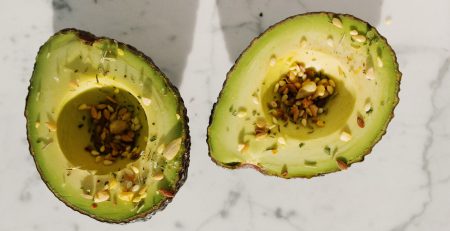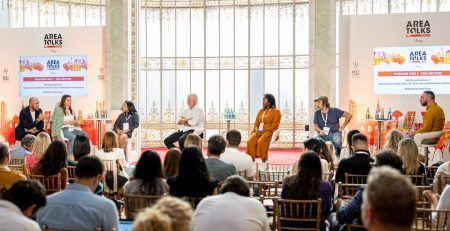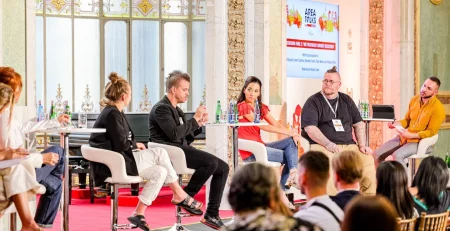In the concluding segment of the “Origins & Future” panel discussion, the legendary chef Ferran Adriá took center stage, unraveling profound observations about the culinary world.
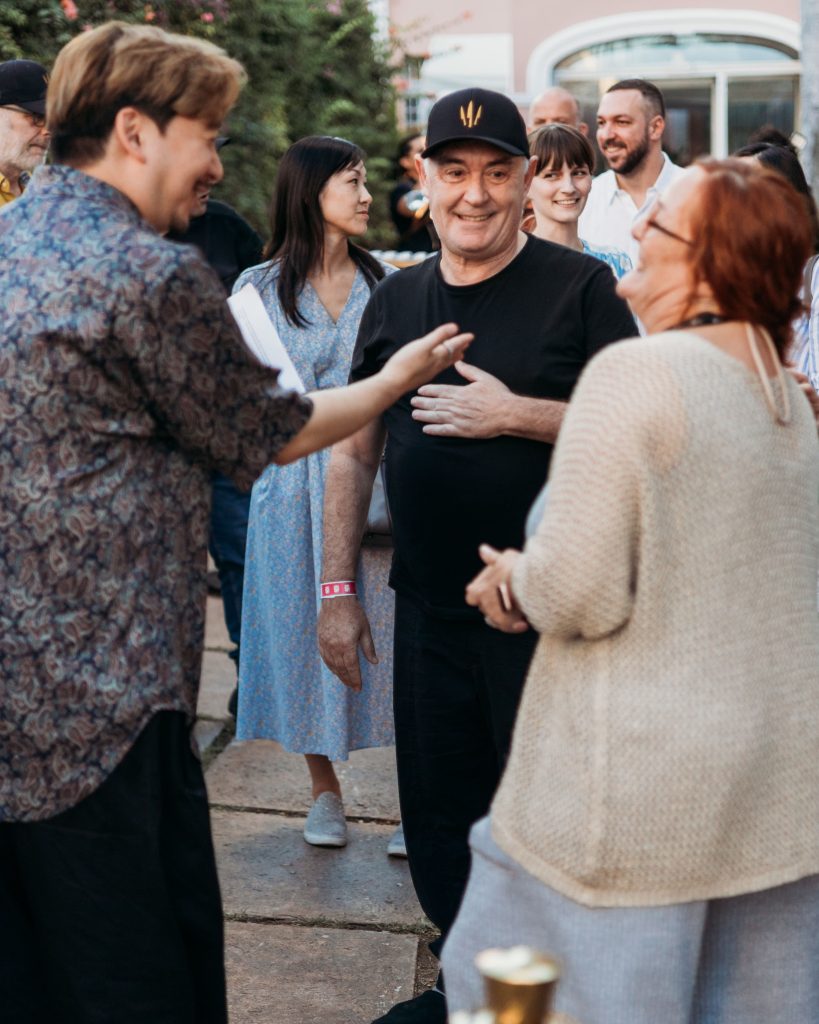
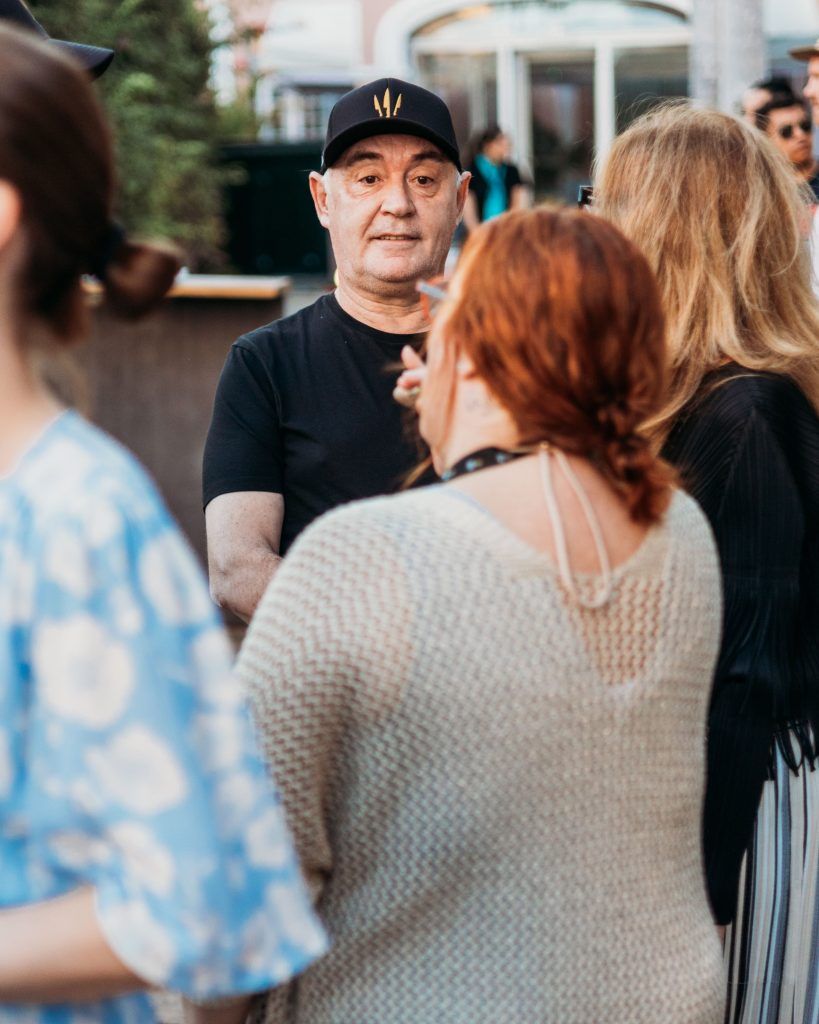
History vs. Tradition
Adriá emphasized the supremacy of history over tradition. He states, “Knowing history is much more important than knowing tradition because tradition is constantly changing, and history is not manipulated or completely changed.”
Chef Adriá smoothly transitioned to critiquing the limited historical knowledge in the global culinary community. He highlighted that tradition adapts to trends, time, and preferences, whereas the genuine historical record remains untouched.
Debunking Culinary Celebrity Myths
In response to the notion of today’s chefs as celebrities, Adriá dismantled the myth, shedding light on historical culinary figures. He pointed out,
“It is something that, in general, in the world of cooking and gastronomy, little is known about history (…) When this lady was talking about celebrities, which is true, but Mr. Michel Gerard was already on the cover of Time Magazine in 1972. So let’s not think that today’s cooks are celebrities and we are the first celebrities. What happens is that in 1970 there was almost no television and no social media. So it is very important to know history.”
Ferran Adriá
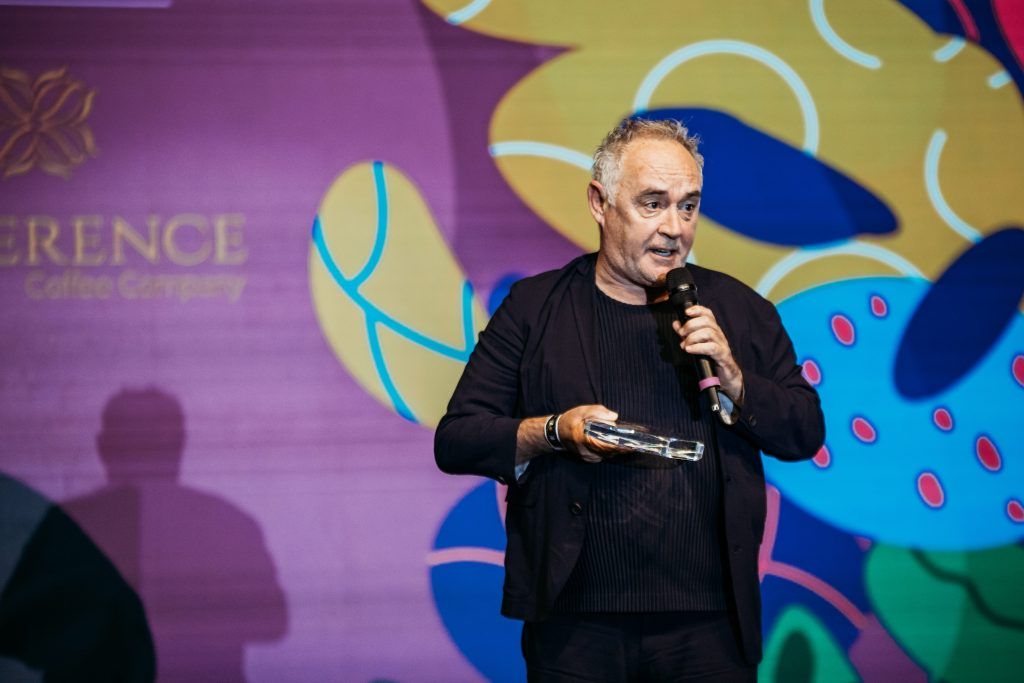
Analyzing Context
Delving into various topics, Chef Adriá stressed the significance of understanding context. Contrary to a previous part of the Q&A about artificial intelligence, he highlighted the long-standing presence of AI in agriculture and medicine. Cautioning against blind adaptation, he insisted that chefs become competent analysts.
“There are 7 million people in the world. 7 million. How many people are we going to address this speech?”
Ferran Adriá
Chef addressed the challenge of reaching a wide audience, considering global population and economic disparities. He underscored the need to define the context of discussions, particularly regarding professional cuisine and economic constraints faced by much of the world.
Ecological Responsibility
Touching on ecological issues, Adriá mentioned the early adoption of organic products at ElBulli in 1988. He emphasized the importance of analyzing and explaining the impact of different practices to prevent confusion in society.
The conversation shifted to the role of traditional cuisine, where Ferran Adriá pointed out the difficulties faced by restaurants offering authentic dishes in Europe. He questioned the role of haute cuisine in potentially changing this situation.
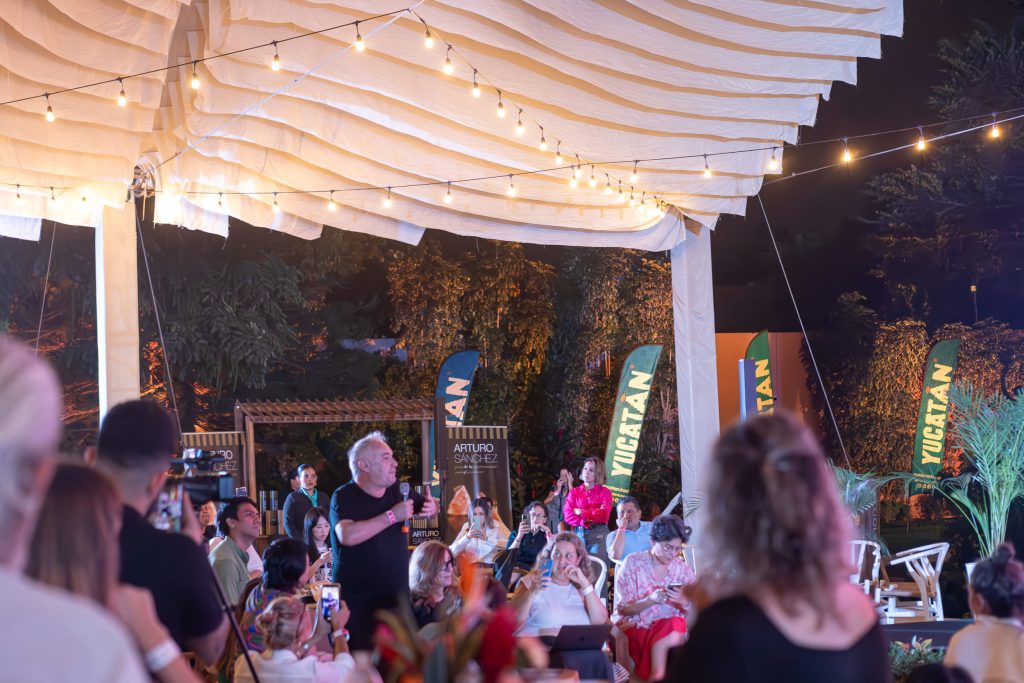
Chef Insights: Vallejo, Poo, and Wilson Join the Conversation
Incorporating insights from other chefs, Jorge Vallejo from Mexico and Mariana Poo discussed the importance of local history, traditions, and sustainability in their respective contributions. Chef Alonzo Wilson shared his experience in creating traditional cuisine restaurants, emphasizing the need for a responsible approach to prevent overexploitation.
Ferran Adriá concluded the discussion with a call for greater collaboration and communication in the culinary industry, acknowledging the challenges of finding staff and emphasizing the role of chefs and restaurant managers in explaining their work to the public.
Chef Ferran’s Culinary Manifesto
Chef Ferran’s insights covered a broad spectrum of rarely discussed topics, shedding light on hypocrisies and complementing the culinary knowledge from history and sustainable development to the challenges facing traditional cuisine. By entering the discussion, Chef Ferran prompted everyone to thoroughly define their current status and understand the essence of their mission.
